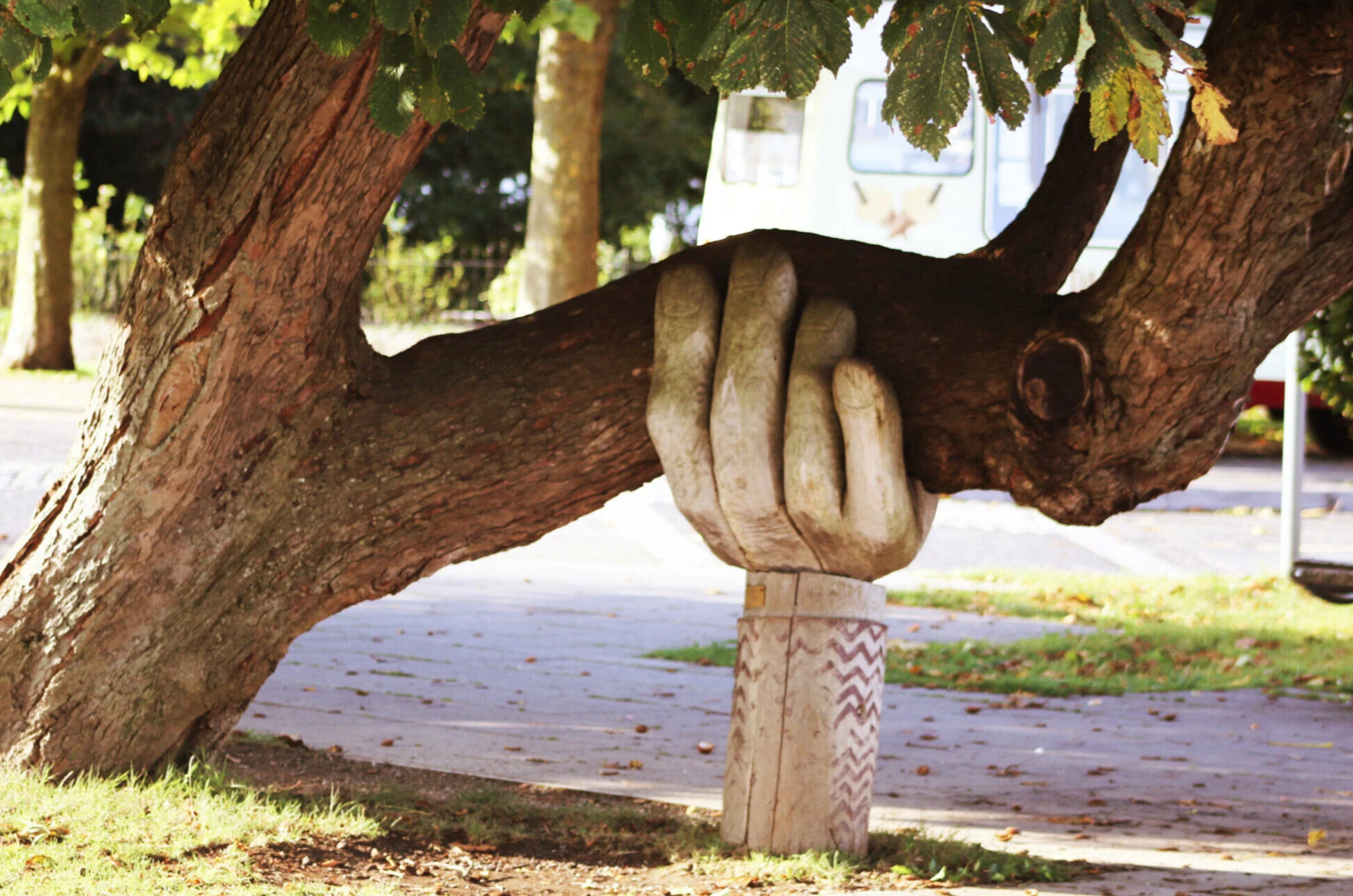It’s Time to Rethink Civilization
“We have lived our lives by the assumption that what was good for us would be good for the world.
We have been wrong.
We must change our lives so that it will be possible to live by the contrary assumption, that what is good for the world will be good for us.
And that requires that we make the effort to know the world and learn what is good for it.”
— Wendell Berry—
Modern civilization is unsustainable.
We need a form of civilization, one that can co-exist with the millions of other species of life on this planet. We need a form of civilization that is socially just and does not equate human happiness and well-being with the endless consumption of material goods. We need to shift away from a worldview that separates humans from the web of life. We need to create new ways of living that are more sensitive, more just, more joyous, and more sustainable. We need to build an ecological civilization. Our starting point is where we live, in our local communities and in the communities-of-communities that support us.
Rethinking civilization requires wider education (not just higher education).
People talk a lot about "producing" college graduates and about education as job-training. And we have come to think of higher education as a means to making a living rather than making a life. But life is bigger than a career. Much bigger. We are not simply employees. We are members of communities.
The goal of education should be to teach us how to increase the vitality of human social relations and the living systems that support them.
It should deepen our sensitivities and understanding, enliven our relations with the world, and harness our creativity in ways that contribute to life.
The mission of Flagstaff Communiversity is to encourage the democratic project of building sustainable, just, and beautiful communities and creating ecological civilizations.
Our Core Values
Viewed from this perspective, global warming is not simply a scientific fact but a moral and aesthetic problem that needs immediate action. Concern for economic justice and thriving local communities has ethical and aesthetic roots as well as economic and ecological ones. Facts are not considered independently of values.
All life is intrinsically valuable and has meaning and purpose.
Real life does not stay within disciplinary boundaries.
To understand ecology, economics, social justice, and any other broad inquiry, we need to be able to think across disciplinary boundaries and work in ways that connect the dots.
It is not enough to understand the issues and challenges that face us. We must also know how to develop and implement solutions in the real world.
Intellectual knowledge goes hand-in-hand with practical application. We need both a depth of understanding and the ability to do on-the-ground work.
Our aim is to be able to respond, in community, with creativity to the intellectual, ethical, and creative challenges of our time.
World-knowledge and self-knowledge go hand-in-hand.
Learning about the world cannot be separated from learning about who we are. Together, world-knowledge and self-knowledge form the basis of the the learning we do in community.
As a community we undertake energetic inquiry into issues and values and support the gifts and aspirations of our members.
We aim for human-scale, authentic, person-to-person educational relationships that encourage personal agency and responsibility, intellectual and spiritual growth, and social engagement.








